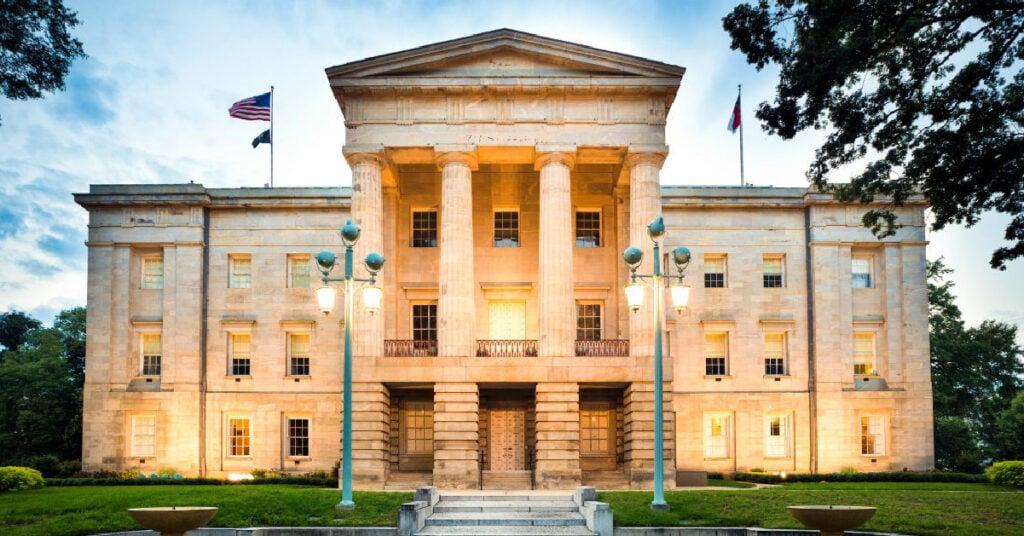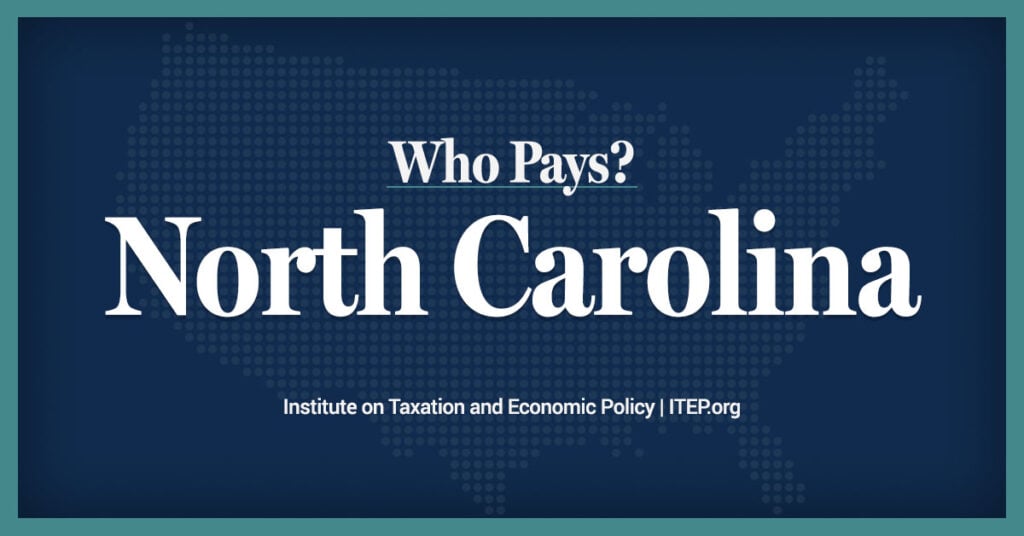By Meg Wiehe
Special to the Observer
Posted: Tuesday, Jan. 29, 2013
By all accounts, North Carolina’s tax system will come under heavy scrutiny this year. Gov. Pat McCrory and House and Senate leadership have signaled their intentions to overhaul the way the state collects revenues necessary to pay for public investments. But while there are clearly structural flaws with the current system that need to be addressed, many lawmakers are using so-called “tax reform” as a vehicle for ideological goals like shrinking government and cutting taxes for profitable corporations and the wealthy – all at the expense of our state’s middle-class and poor residents.
Proposals range from slashing our progressive personal and corporate income taxes to abandoning these revenue sources entirely. A broader sales tax (including food and most services currently not taxed) and higher sales tax rate would replace some or all of the $12 billion we currently collect through income taxes.
These proposals would exacerbate one of the most serious problems with the state’s tax system: namely, that it asks middle- and low-income families to spend more of their budgets on taxes than wealthy families. A new report from my organization – the Institute on Taxation and Economic Policy – shows that the poorest N.C. residents pay almost 10 percent of their income in state and local taxes, compared with just 6.5 percent for the top 1 percent.
The personal income tax is the only one of North Carolina’s major taxes that is actually progressive – requiring upper-income North Carolinians to pay at slightly higher rates than their less affluent neighbors. By contrast, sales and excise taxes are the most regressive; the poorest N.C. families pay six times more of their income in these taxes than wealthy families.
ITEP took a close look at various “tax swap” proposals and found that all of them would result in a large tax hike on middle and low-income North Carolinians while sharply reducing taxes for the wealthy.
We need a real discussion of taxes in North Carolina that helps people understand there’s a smart way to do tax reform, that it can’t just mean tax cuts or eliminating entire revenue sources, and that true reform should seek to resolve the problems plaguing our state’s current tax structure, not exacerbate them.
Meg Wiehe is policy director of the Institute on Taxation and Economic Policy in Durham.




